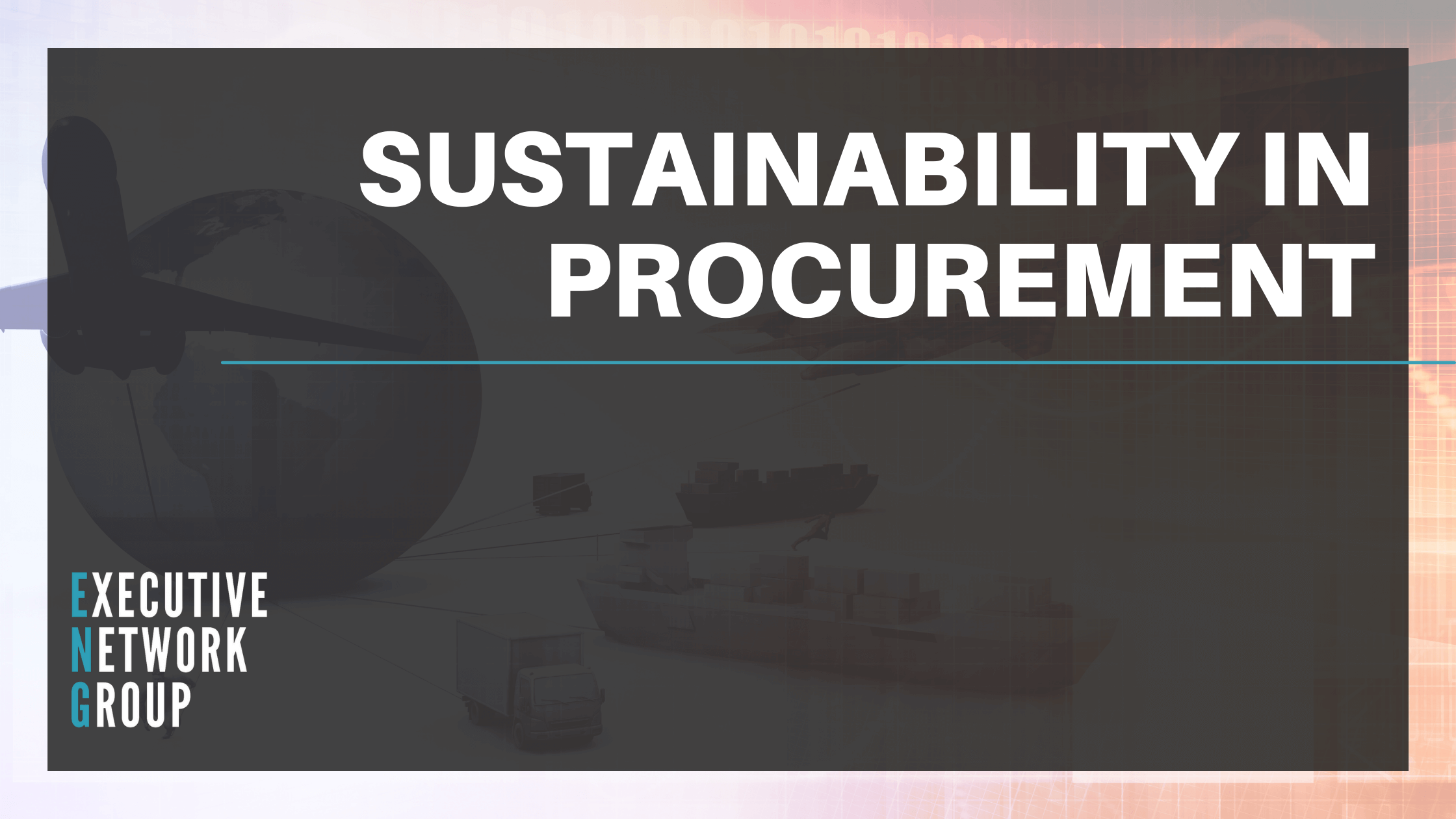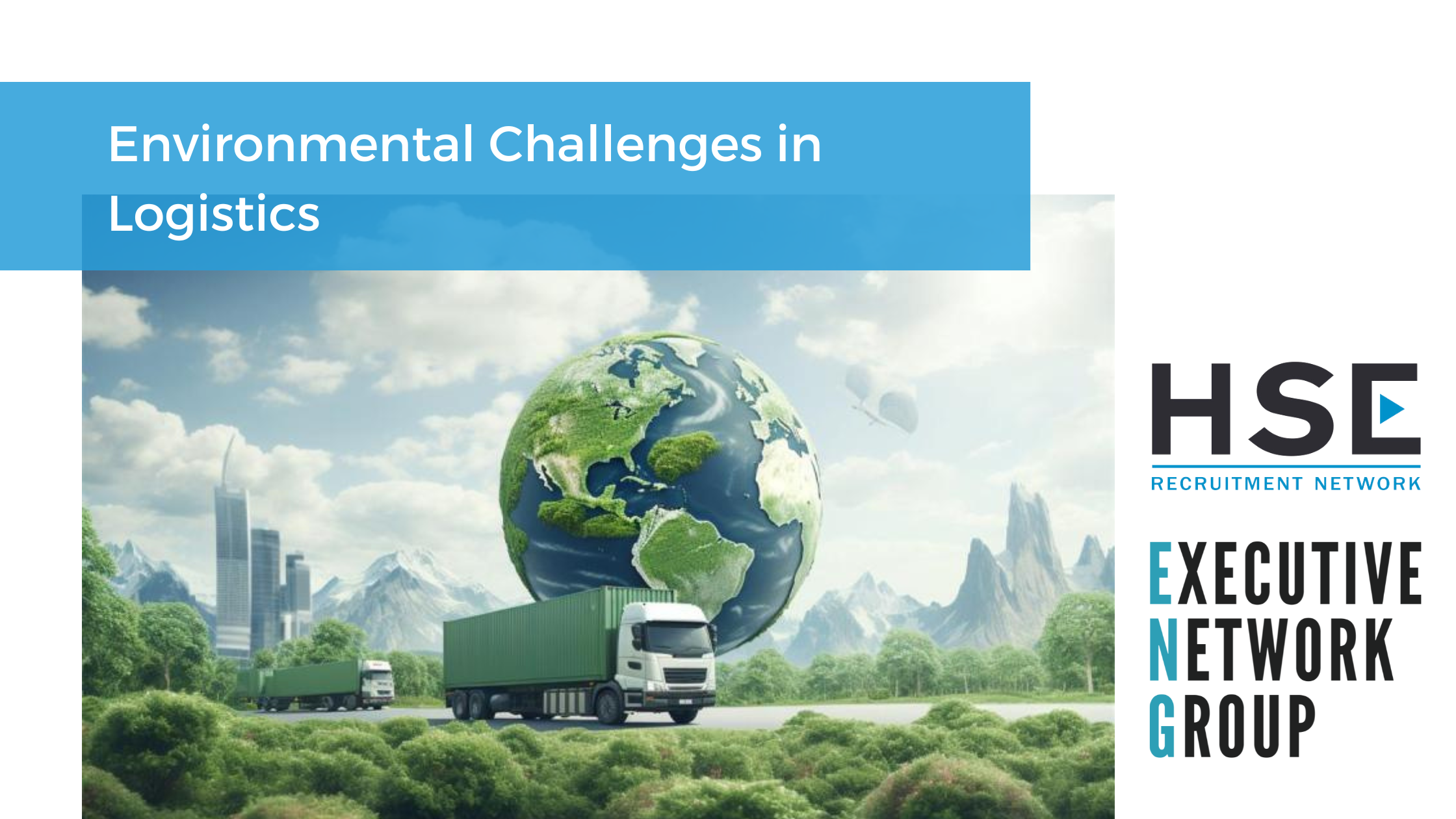Sustainability in Procurement
.png)
Sustainability in procurement – how can we make a difference?
Sustainability is an ongoing topic of conversation in almost every industry and steps are being taken to ensure environmentally friendly options are a priority where possible.
From choosing recyclable options to ensuring zero waste, there are more ways than one to make a positive environmental impact and many companies are taking action to ensure sustainability is a priority.
In a 2016 article by McKinsey & Co, it was stated that the typical consumer company’s supply chain accounts for more than 80% of greenhouse-gas emissions and more than 90% of the impact on air, land, water, biodiversity, and geological resources. By focusing on supply chains, consumer companies can massively reduce their environmental impact.
I recently attended Winmark’s latest roundtable about embedding sustainability and social value in procurement, where Balfour Beatty’s Aaron Reid spoke about what they’re doing to ensure a positive and sustainable future.
In 2019, some of Balfour Beatty’s key achievements were that 97.5% of waste avoided landfill and there was more than a 50% reduction in carbon since 2010.
Balfour Beatty has big goals, and a solid plan to achieve them. By 2040, they’re hoping to generate zero waste, reach beyond net-zero carbon and positively impact more than one million people.
By 2030, their plan is to have generation £3 billion in social value, by investing in local businesses, charity, inclusive growth, improved local communities, skills, education and training, volunteering, and so on.
Balfour Beatty truly have a solid couple of decades ahead of them with the ultimate goal of sustainability.
Another business investing in sustainability is Microsoft. Since 2012, their global operations have been 100% net carbon neutral. Microsoft charges a ‘carbon fee’ to all business groups for their carbon footprint, and invests those fees back into its carbon reduction initiatives.
In 2018, Apple sourced 100% of the electricity used at all its facilities from renewable sources, and in 2017, 22 of Apple's supplier facilities were certified as Zero Waste, including all iPhone final assembly sites.
So why is sustainability such a difficult prospect to achieve?
Expense is one of the simplest answers. More sustainable options tend to be more expensive, and in an era of maximising profitability, there is a balancing act between reaching sustainability and ensuring the business remains at its best.
So, with many companies striving for a positive few decades ahead, what sustainability strategies do you think are most important, and how can they be achieved?
If you want to learn more about Winmark’s future events or receive further communication from us, please contact me at lauren.webster@executivenetworkgroup.co.uk

